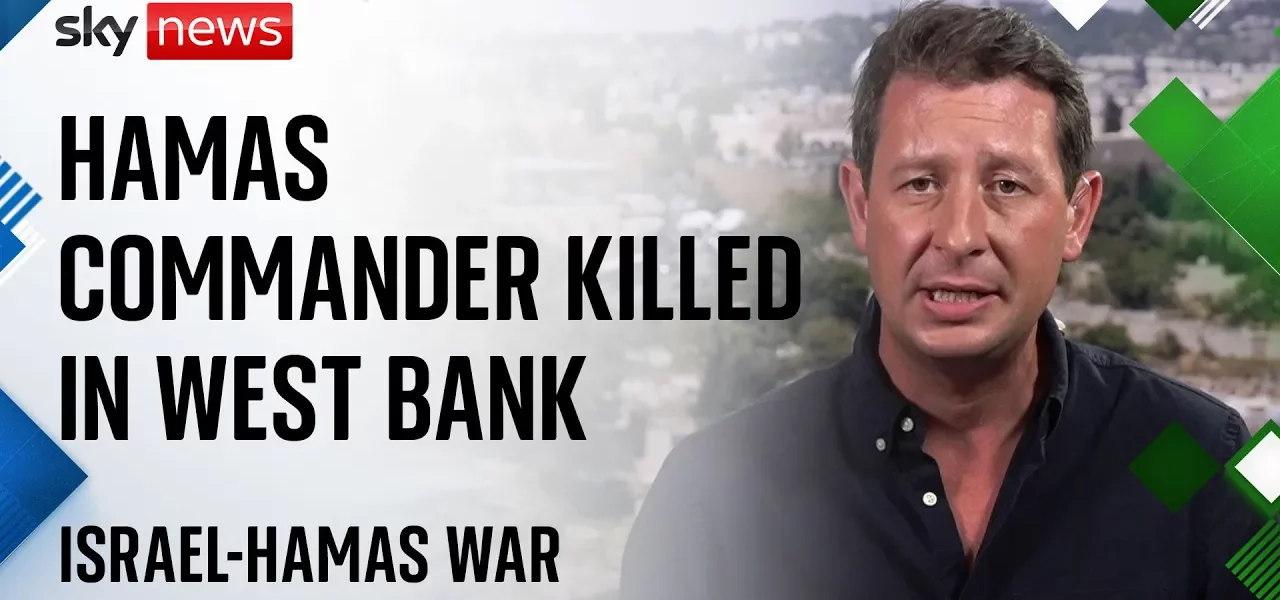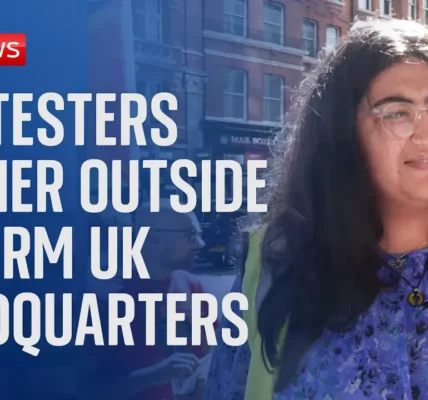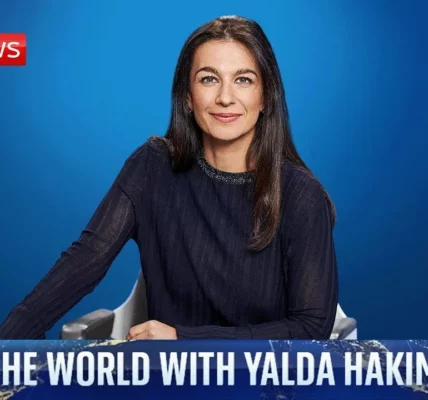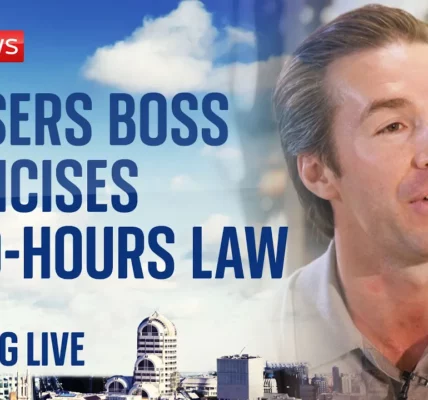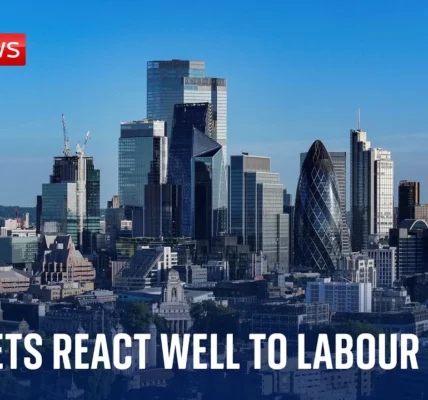Developments in the West Bank and Gaza: Military Operations and Humanitarian Efforts

This article provides a comprehensive overview of the evolving situation in the West Bank and Gaza, detailing military operations, the humanitarian crisis, and international responses aimed at stabilization.
Introduction
The ongoing conflict in the West Bank and Gaza has escalated recently, prompting urgent calls for de-escalation from international authorities. The UK government has emphasized the serious risks of instability, while Israeli military operations target militant groups in response to threats against their security. This article delves into the latest developments, exploring the implications of military actions and humanitarian efforts in the region.
The Situation in the West Bank
The West Bank has witnessed significant unrest, leading to military operations by Israeli forces aimed at countering perceived threats. The situation continues to evolve as the Israeli government seeks to maintain security amidst rising tensions.
UK Government’s Call for Restraint
The UK government has publicly called for Israeli authorities to exercise restraint in their military operations, highlighting the urgent need for de-escalation. This call reflects concerns over the deteriorating humanitarian conditions and the potential for escalating violence in the region.
Israeli Military Operations
Israeli Defense Forces (IDF) have engaged in extensive operations in the West Bank, particularly in cities like Janine and Delaram. These operations are primarily focused on dismantling terrorist cells, with the recent targeting of Hamas leader Wasam Haim illustrating the ongoing efforts to combat militant threats.
- Joint operations involving the IDF and Israeli police.
- Focus on areas with high militant activity, such as Janine.
- Reported elimination of key militant figures in the region.
Humanitarian Impact
The military operations have significant repercussions on the civilian population in the West Bank. Reports indicate that markets and public spaces are largely deserted, reflecting the fear and uncertainty among residents. The economic implications are dire, given the region’s existing financial struggles.
Gaza: Humanitarian Crisis and Vaccination Efforts
In Gaza, the humanitarian situation remains critical as international organizations strive to provide essential services amidst ongoing conflict. Recently, a tentative agreement has been reached to facilitate a polio vaccination campaign for children in the area.
Polio Outbreak Concerns
Traces of polio have been detected in Gaza’s sewage system, raising alarm among health officials. The World Health Organization (WHO) is mobilizing efforts to vaccinate approximately 680,000 children under the age of ten to prevent further spread.
Planned Ceasefire for Vaccination
The agreement includes a phased approach to cease hostilities, allowing healthcare workers to safely conduct vaccinations. This plan is crucial not only for the health of children in Gaza but also for preventing the potential spread of polio to neighboring regions, including Israel.
- Central Gaza: 3-day pause from 6:00 AM to 3:00 PM.
- Southern Gaza: Following successful implementation, another 3-day pause.
- Northern Gaza: A final 3-day pause if previous phases are successful.
Implications for Future Negotiations
The success of this vaccination campaign could pave the way for broader negotiations between Israel and Hamas, fostering an environment conducive to peace talks. Observers remain cautiously optimistic about the potential for a temporary ceasefire if both parties can cooperate effectively.
Conclusion
The developments in the West Bank and Gaza underscore the fragile nature of peace in the region. As military operations continue to unfold, the humanitarian crisis becomes increasingly urgent. International calls for restraint and the implementation of critical health initiatives, such as the polio vaccination campaign, highlight the complexities of addressing both security and humanitarian concerns. It is essential for stakeholders to engage in constructive dialogue to pave the way for a more stable future in the region. For ongoing updates and in-depth analysis, be sure to check our related articles on Middle East affairs.
“`
